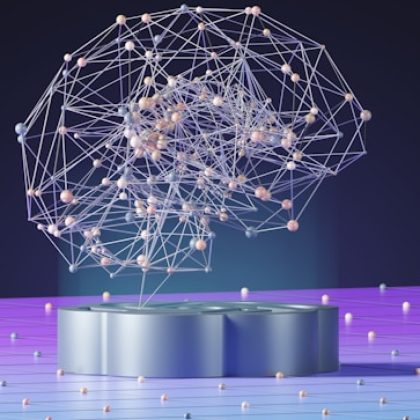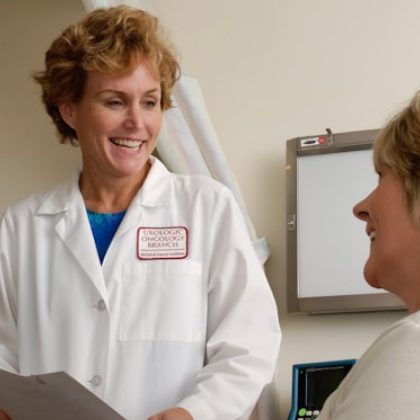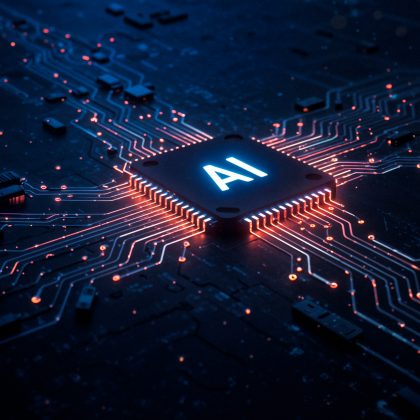For too long, we’ve looked at clinician burnout as an individual issue. Not sleeping enough. Nut managing time well. Nut doing yoga. Not being “Resilient”
But bumout isn’t about personal weakness. It’s the natural result of a broken system-one that pushes more and more work onto doctors while giving them tools that never designed to help
We’re not burned out from caring, we’re burned out from the system.
Most of us didn’t go into medicine to fight with software. into medicine to bund relationships, solve problems, and help people. But instead of tools that support those goals, we’ve been handed systems bult around billing, compliance, and oversight.
Taois that made for administrators not for the people doing the actual work.
Instead of speeding us up, many of these tools slow us down. They don’t make ducumentation easier they make it more fragmented. They don’t surface the most important parts of the patient story they bury it in clutter. And they don’t help us connect they often leave patients feeling mors like forms than human beings.
Doctors are being left behind.
When tools anerrt built with clinicians in mind, they allenate the very pemple they’re supposed to help. They’re rigid. Unintuitive Designed with workflows that don’t reflect bow we actically think or move through a day. And the result? Experienced, thoughtful physicians feel pushed to the sidelines. New grads feel overwhelmed before they even begin. of us feel like re constantly behind no matter how hard we work
Artificial tools lead to artificial care.
The greatest loss might be the one we don’t talk about enough the erosion of connection When tools prioritize checkboxes over conversation, when they demand more screen time than face time, when they turts a patient’s concem into a dropdown menu we foce something vital
Medicine becomes mechanical Relationships feel scripted. And care loses the empathy and trust that make it meaningful in the first place
We deserve better.
Burnout isn’t just about hours It’s about working in systems that don’t respect the complexity of care or the humanity of the people delivering it
We don’t need fools that just track what we do. We need tools that make it easier to do what matters Tools that understand real workflows. That remove friction instead of adding to it. That help us care more deeply, more clearly, and more completely.
Because if the system continues to exhaust the very people it depends on, it won’t just be clinicians who suffer it’ll be patients 100.
It’s Time to stop blaming individuals. start fixing what’s broken. Burnout is a system problem-design our way out of it.










